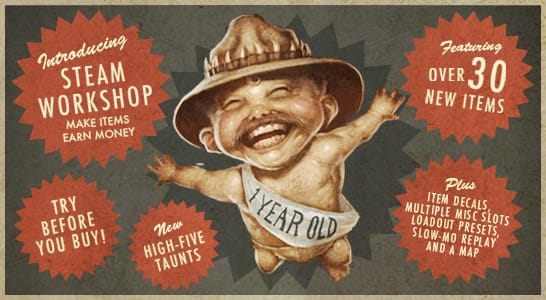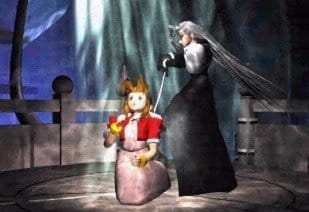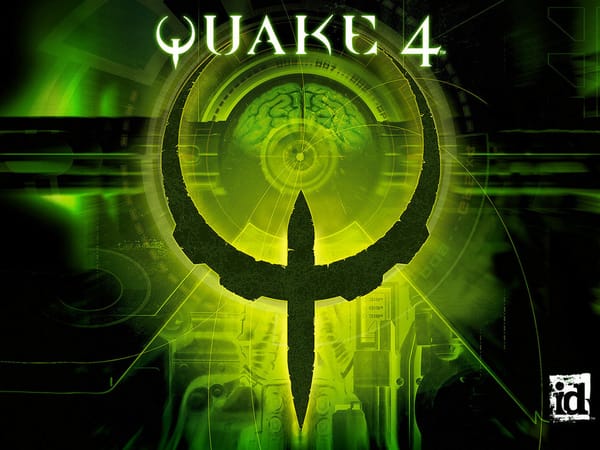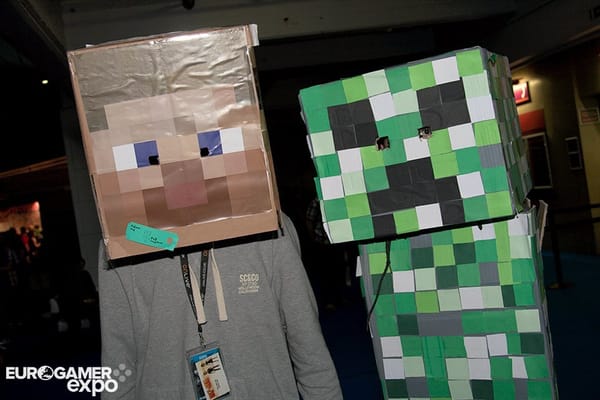Free-to-Play? Watch your language
Free-to-Play is often anything but. Laurence Pope debunks the idea that F2P games are a poor gamer’s wet dream

Free-to-play games are exactly what they say on the tin – video games that don’t cost money to play. If this is what they truly were then I could wrap this article up right now, but unfortunately the rule ‘there’s no such thing as a free lunch’ still remains unbroken. Here’s why.
I picked up on this issue whilst desperately scouring the internet at 11.45pm on Wednesday evening, on the lookout for some mildly interesting gaming news. Mojang, creators of Minecraft, are currently developing a new game, Scrolls, and like many games now-a-days will offer the player the ability to use real-world cash to purchase in-game items. In this case it’s new scrolls, i.e. spells. However, it will not even be a F2P, as it will have an as-of-yet unannounced initial cost.
By paying for the game players will get access to a large amount of starting scroll/spells, as well as an earnable in-game currency and an ‘auction house’, enabling players to bid for the scrolls of others. Of course, if you have a few pounds jingling about in the bank you can cut through all of this and simply pick out what you want.
This decision was mostly down to Notch (real name Markus Persson), Mojang’s founder, who has claimed that ‘Free-to-Play’ games really ought to be called ‘As expensive as you want [them] to be’ games. Granted, AEAYWT2B isn’t quite as snappy as F2P, but it’s certainly far more accurate.
Of course, there’s always the argument that if a person spends a colossal amount of money on a free game then its their fault, not the game’s developers. After all, the designers didn’t press a gun against my head and demand that I spend X amount of cash on a new spell or cosmetic item.
In effect, you end up playing with a slot machine. A slot machine that always pays out, but a slot machine all the same.
Or did they? They didn’t of course – at least, not literally. Game developers can be very sneaky in this regard, and as Notch said, “the reason anyone switches to ‘free-to-play’ is to make more money.” This seems counter-intuitive but it does make sense; a game that costs nothing at all can be downloaded by anyone, this produces three types of player – people who play it but only for a short while, people who play it for longer but don’t spend anything on it, and another group who continue to play and spend money on it. It’s the final group (obviously) who earn the company their profit.
It’s also the same group who suffer from the game developer’s psychological tricks to monetize the player. Little things that end up nickeling and diming you – the illusion that you can earn in-game credits when they’re nowhere near enough to support your scroll/weapon/cosmetics buying; low costs lull you into buying again and again, reasoning that ‘it’s only a few pence’, when in fact your coffers are being drained little by little; TF2 pulls a dirty little trick by effectively charging £2 a pop for a 1 in a 100 chance to get an elusive ‘sparkly’ cosmetic addition. I’ve experienced this latter trick first hand, getting shamefully sucked into it for a few months before I came out feeling very poor, very foolish, but a hell of a lot wiser. By not putting a cap on spending F2P games can rake in much more cash than traditional games that charge just for the inital purchase. In effect, you end up playing a slot machine. It’s a slot machine that always pays out, but it’s a slot machine all the same.
Scrolls is attempting to buck this trend by being a paid game with the ability to buy stuff, but I’m still going to be wary. To the inexperienced, the F2P model does appear at first glance to be an ideal prospect, but always jump into them with due diligence. As I said last week, keep in mind that game companies are businesses, and need to make money one way or other. If a game appears to be free, watch out for hidden motives – those sneaky chaps in game R&D will grab you by the short and curlies and never let go.









